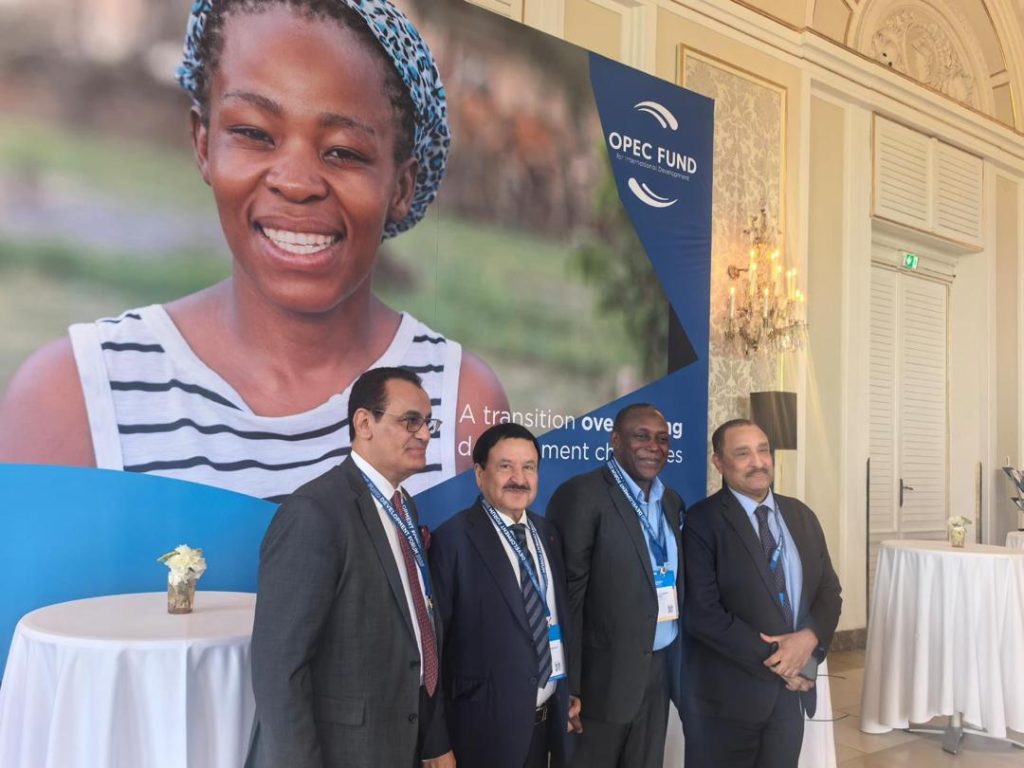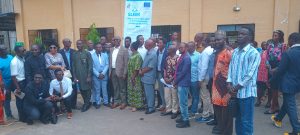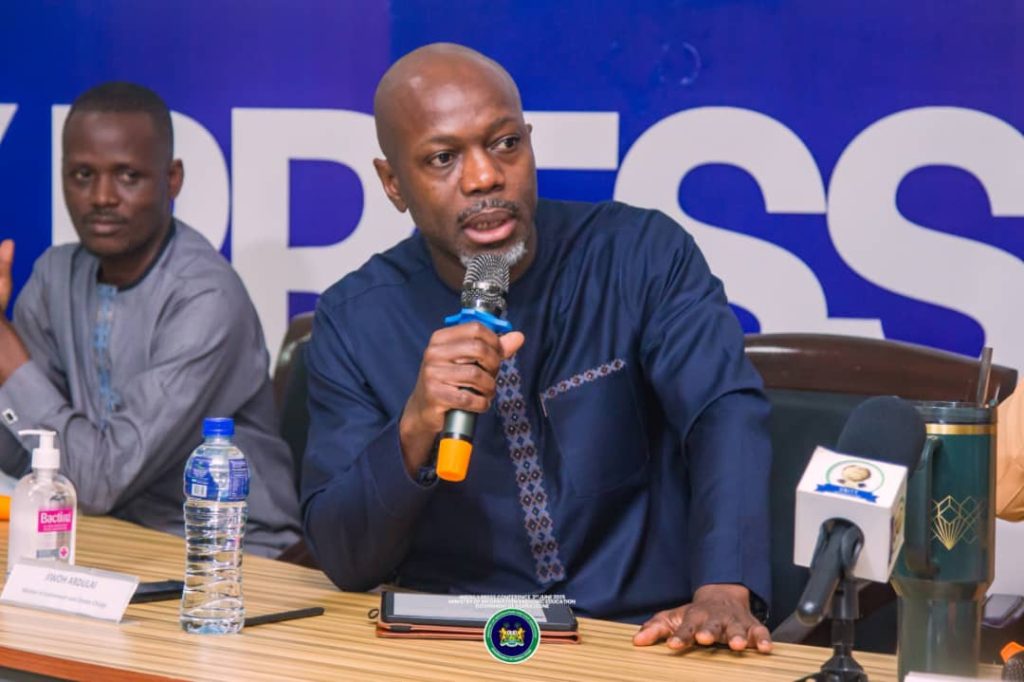UNDP Supports SL Return to National Credit Rating Process
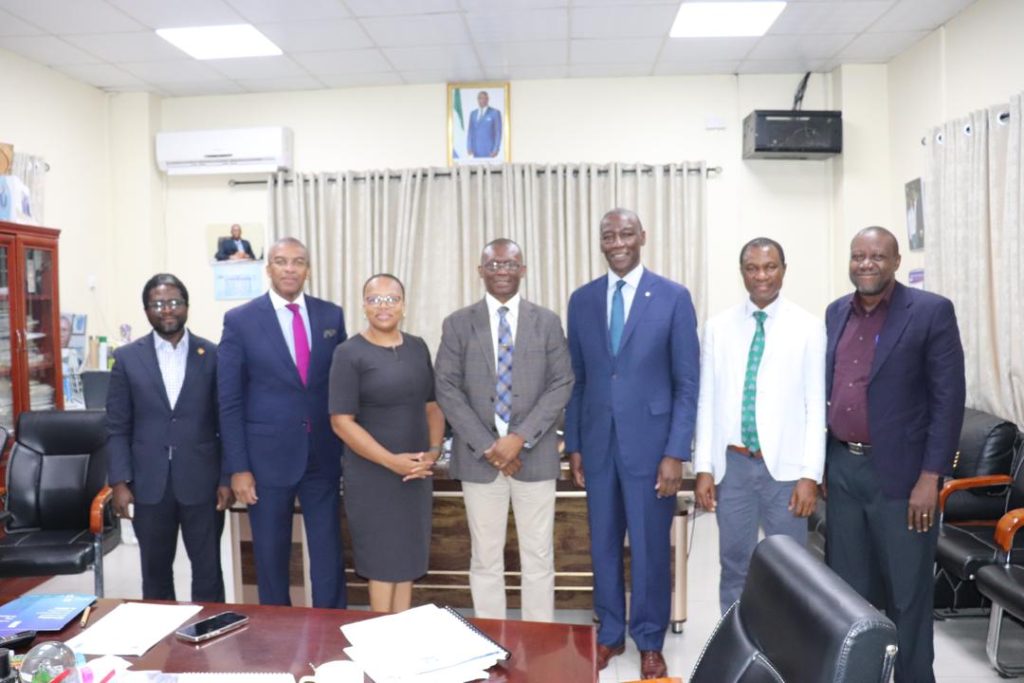
Freetown, 16 June 2025 – As part of its commitment to enhancing fiscal governance, debt sustainability, and global market credibility, Sierra Leone has taken a renewed step toward obtaining a sovereign credit rating. A high-level mission from the United Nations Development Programme (UNDP), focused on National Assessment for Credit Rating, Consultations, Preparations, and Capacity-Building, paid a courtesy visit to the Financial Secretary, Mr. Matthew Dingie, at his George Street office in Freetown.
The mission marks the resumption of Sierra Leone’s credit rating journey, which had been placed on hold due to the global and national economic disruptions caused by the COVID-19 pandemic. With support from UNDP, the government aims to strengthen institutional readiness and technical capacity across key ministries and agencies to ensure a successful rating process.
In his welcome remarks, Financial Secretary Dingie expressed appreciation to the UNDP delegation for their continued support and affirmed the Ministry of Finance’s full commitment to the credit rating initiative.
“This mission aligns with our national objective of improving fiscal transparency, creditworthiness, and access to sustainable financing,” he stated. “We are particularly pleased with the capacity-building approach UNDP is promoting, which goes beyond traditional workshops and focuses on mentorship and practical engagement.”
He informed the delegation that Sierra Leone is currently implementing an Extended Credit Facility (ECF) programme with the International Monetary Fund (IMF). In line with this programme and the country’s current debt levels, the government has adopted a cautious borrowing policy—limiting it to concessional sources in order to maintain debt sustainability and avoid excessive exposure.
Mr. Dingie emphasized that understanding the country’s current credit status would provide crucial insights for developing a strategic roadmap for Public Financial Management (PFM) reforms, particularly in the area of debt management. “A formal credit rating will serve not only as a benchmark of our economic performance but also as a catalyst for reforming how we manage our resources, report to the public, and attract credible investment,” he added.
Historical Context and New Momentum
Speaking on the technical background of the initiative, Mr. Mathew Sandy, Director of the Public Debt Division at the Ministry, recalled that Sierra Leone had initiated the credit rating process approximately five years ago. However, the effort was paused due to unforeseen economic shocks—most notably the COVID-19 pandemic.
“With the recent positive shifts in key macroeconomic indicators, such as declining inflation and a more stable exchange rate, the time is now right to resume the process,” Mr. Sandy stated. “We are determined to build a strong foundation for this initiative and engage constructively with rating agencies and development partners.”
UNDP’s Innovative Approach to Capacity Building
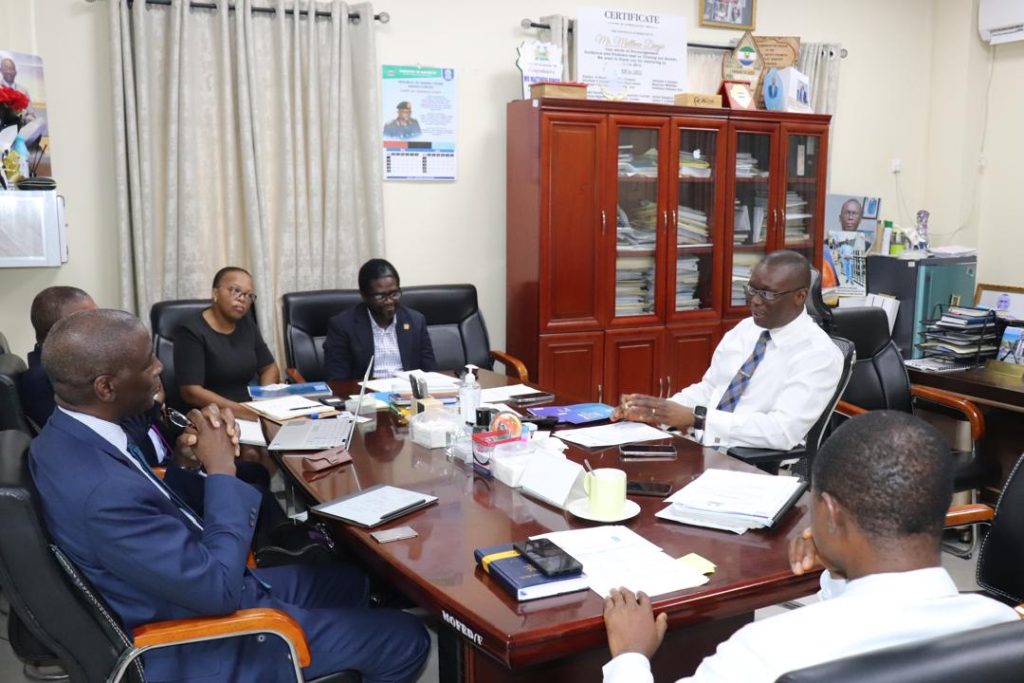
In response, Dr. Raymond Gilpin, UNDP Africa’s Chief Economist, explained the agency’s broader vision for supporting African countries on their journey toward sovereign credit ratings.
“UNDP is working to demystify the credit rating process. Our approach is not limited to holding workshops. Instead, we believe in long-term mentorship—supporting governments to understand their own data, interpret macroeconomic trends, and build institutional capacity to sustain reforms,” Dr. Gilpin explained.
This approach ensures that national institutions are not only prepared for an initial rating but are also equipped to improve and maintain that rating over time through evidence-based decision-making.
Mr. Relvin Dalrymple, UNDP Concilium Adviser, elaborated on the comprehensive nature of the rating framework. He explained that sovereign credit ratings typically assess a range of performance indicators, including:
- Macroeconomic stability and growth trajectory
- Public debt levels and sustainability
- Government revenue and expenditure patterns
- Fiscal discipline and risk management
- Governance structures and institutional effectiveness
“The rating exercise is as much about understanding national strengths as it is about identifying areas for improvement,” he noted.
Participating Institutions
The capacity-building initiative brings together technical staff from several critical government entities, including:
- Ministry of Finance – Public Debt Management Division, Budget Bureau, Fiscal Risk Unit, Micro-Fiscal and Research Units
- Accountant General’s Department
- Bank of Sierra Leone
- Statistics Sierra Leone
- National Minerals Agency
This multi-institutional collaboration is designed to foster data sharing, policy coordination, and a unified approach to financial governance.
A Path Toward Greater Financial Visibility
The credit rating process is expected to position Sierra Leone more competitively in global markets by improving investor confidence, enhancing access to development finance, and strengthening the government’s ability to negotiate favorable terms for future borrowing. More importantly, it will offer a transparent assessment of the country’s economic and fiscal performance—serving both domestic accountability and international credibility.
As the government moves forward with this strategic initiative, support from development partners like UNDP remains critical to ensuring that Sierra Leone is not just rated, but fully equipped to manage the responsibilities and opportunities that come with greater financial visibility.

